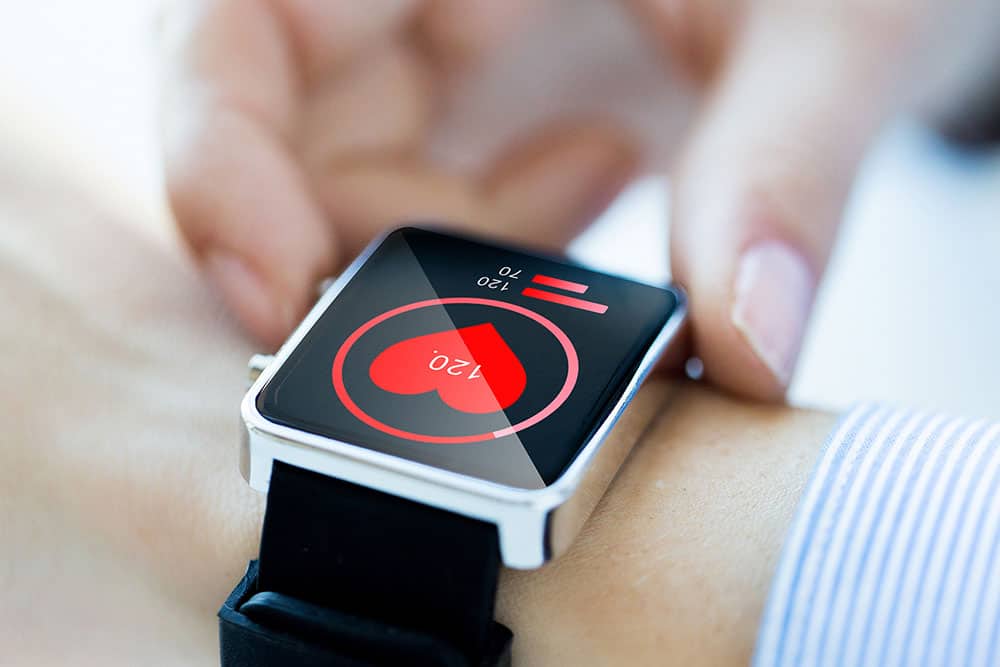Leading dementia charity launches global initiative to use wearables to revolutionise disease detection

Announced today, dementia research charity Alzheimer’s Research UK has a launched a global initiative to revolutionise the early detection of neurodegenerative diseases.
The project – the Early Detection of Neurodegenerative diseases (EDoN) – will harness and analyse a wealth of digital data to develop signatures of disease – or “fingerprints” – that can be then detected using wearable technologies, such as smart watches.
The collaboration aims to secure at least £67 million over the first six years, with an ambition to attract up to £100 million of total investment by 2030 to build and trial its diagnostic device on a large scale. Initial funds towards the initiative have already been secured from Bill Gates and Iceland Foods Charitable Foundation, and EDoN will now become a focus for the charity’s fundraising to secure the further support required.
According to the charity, diseases like Alzheimer’s start to develop in the brain up to twenty years before symptoms begin to show. Researchers worldwide now agree that future treatments and preventions will have greatest benefit when given as early as possible in the disease.
EDoN sees Alzheimer’s Research UK join forces with leading organisations in data science, clinical and neurodegenerative research to collect and analyse clinical and digital health data such as sleep, gait and speech patterns, to develop early digital fingerprints of diseases.
Carol Routledge, Director of Research at Alzheimer’s Research UK, said: “Our research shows that 85% of UK adults would be willing to take a test that could tell them if they were in the early stages of a disease like Alzheimer’s, even before symptoms show.
“EDoN aims to harness the growing popularity of digital health technology and big data to revolutionise how we develop early tests for these diseases. Developing digital fingerprints that can be detected using phone apps or wearable technologies like smart watches would provide a low-cost approach to identifying those most at risk of disease.
“Identifying the very earliest changes in these diseases would transform research efforts today, giving us the best chance of stopping these diseases before the symptoms of dementia start to get in the way of life.”
Watch the short video below to learn more about the EDoN project:
David Cameron, President of Alzheimer’s Research UK, added: “During my time as Prime Minister I witnessed first-hand the devastating impact of dementia on families and made a personal commitment to transform the pace of research efforts across the globe.
“At the first G8 Dementia Summit in 2013, health leaders committed to finding a disease-modifying treatment for dementia by 2025. As that deadline grows closer, we must focus not only on developing life-changing medicines but how we ensure they reach the right people at the right time.
“Early and accurate diagnosis will give future treatments the head-start they need to succeed. EDoN brings together those at the forefront of this early diagnosis movement.
“Through technology and big data, I strongly believe we are on the cusp of a revolution in how we detect the brain diseases that cause dementia and radically improve the lives of the millions on families facing these heartbreaking diseases.”
In December 2018, the UK Government committed £79 million through the Life Sciences Sector Deal 2 to create the Accelerating Detection of Disease cohort, a group of up to five million people to act as a testbed for data-driven discovery. As a partner on that project, Alzheimer’s Research UK plans to use the cohort to validate technologies emerging from EDoN on a scale that’s not been possible before.
The push to discover new treatments and preventions for dementia comes with the prevalence of the disease not only in the UK but worldwide.
According to the Office for National Statistics (ONS), dementia was the leading cause of death in England and Wales in 2018, accounting for more than one in 10 deaths of all deaths registered.

